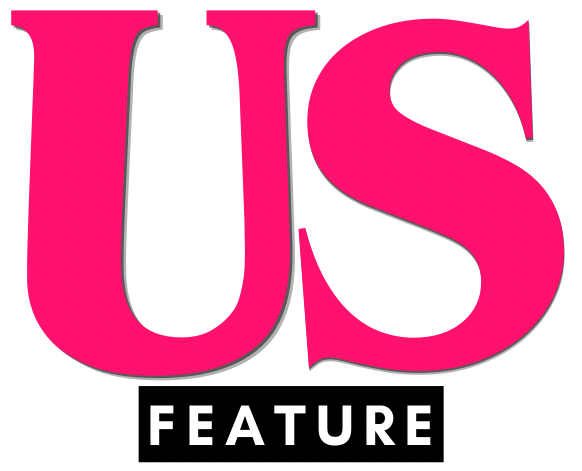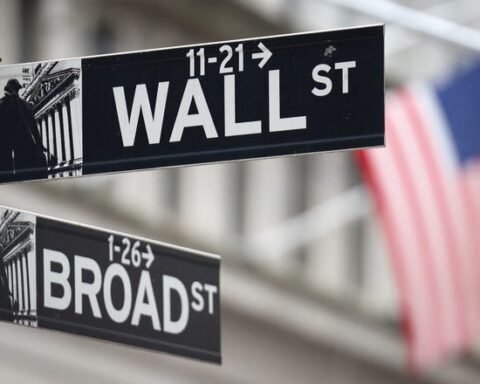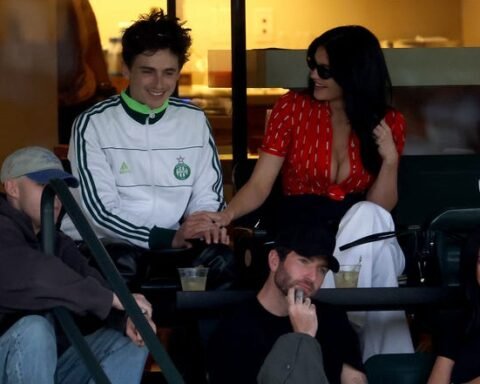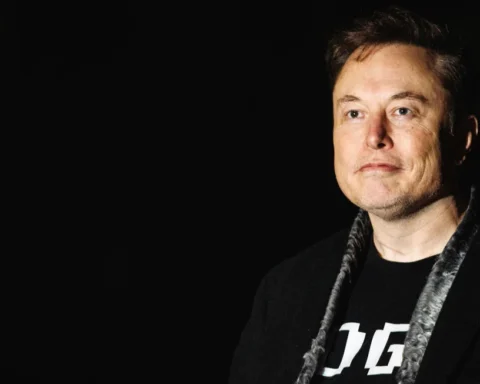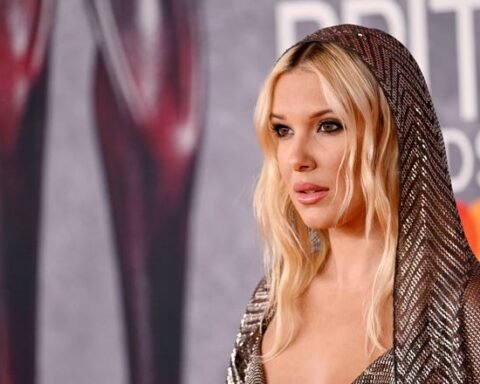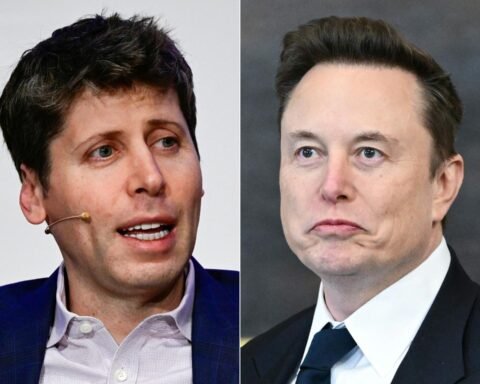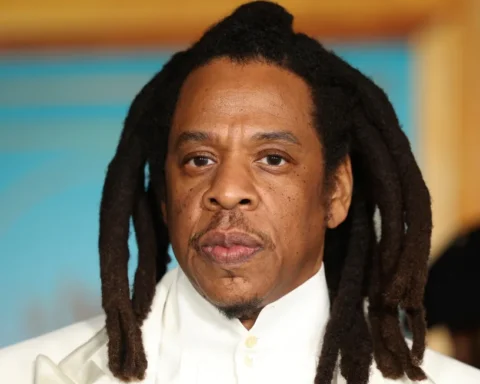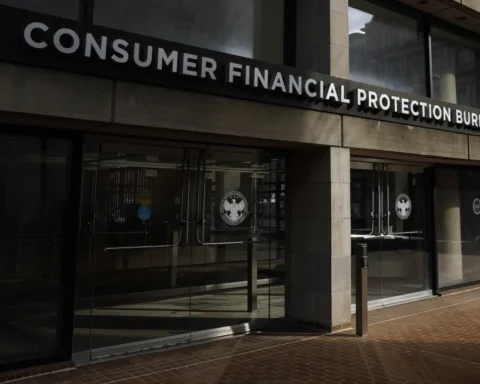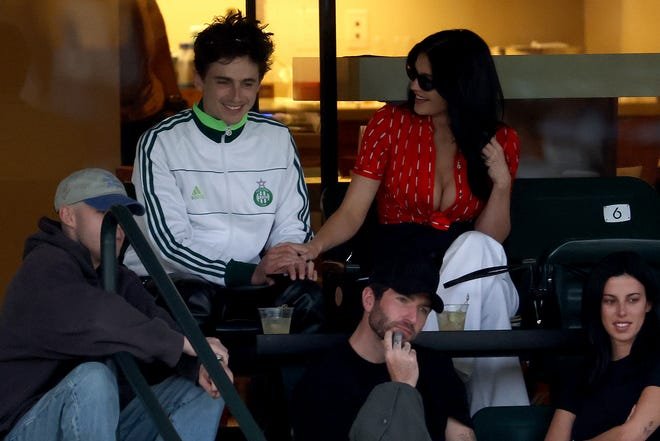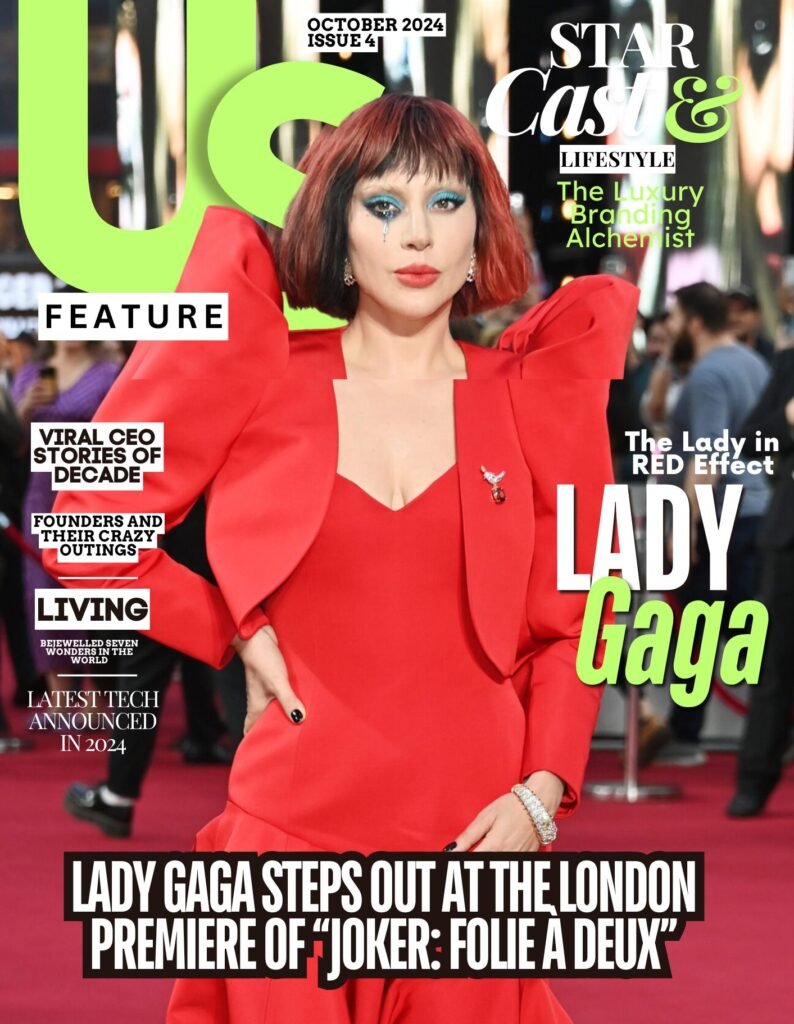
Justin Baldoni’s Fall from Grace: Allegations of Misconduct Shatter a Rising Star
From Advocate to Accused: The Rapid Decline of Justin Baldoni Amid Harassment Allegations
·

From Advocacy to Accusations: A Career Defined by Masculinity and Marred by Allegations
Justin Baldoni, celebrated for redefining traditional masculinity and his advocacy for empathy and vulnerability, has found his career trajectory dramatically altered. Once hailed as a cultural trailblazer, the actor and director now faces severe backlash following allegations of sexual harassment from his It Ends with Us co-star Blake Lively. These claims, which surfaced through a formal complaint with the California Department of Civil Rights, have not only jeopardized Baldoni’s professional milestones but have also brought to light troubling dynamics within the entertainment industry.
A Promising Career in Tatters
Earlier this month, Baldoni stood on the precipice of global acclaim, having been honored with the prestigious Voices of Solidarity Award by Vital Voices, a nonprofit championing the rights of women and girls. His film It Ends with Us, an adaptation of Colleen Hoover’s bestselling novel, addressed sensitive themes of domestic violence, aligning with Baldoni’s public persona as a progressive thinker dismantling harmful gender roles.
However, Lively’s allegations, which include inappropriate comments, unsolicited advances, and the addition of unapproved intimate scenes during filming, have significantly tarnished his reputation. Her claims also extend to Baldoni’s alleged retaliation, with his PR team accused of orchestrating a smear campaign against her.
Swift Backlash and Public Fallout
The reaction to Lively’s revelations was swift and decisive. By Monday, Vital Voices had rescinded Baldoni’s award, and his Man Enough podcast co-host Liz Plank publicly announced her resignation, citing a loss of trust. Fellow cast members, including Brandon Sklenar, and even Hoover herself expressed solidarity with Lively, further isolating Baldoni.
Baldoni’s lawyer, Bryan Freedman, has denied the allegations, calling them “completely false” and claiming they were strategically designed to harm his client’s reputation. Nonetheless, the accusations have prompted a broader conversation about accountability and the persistent challenges women face in the workplace.
A Career Built on Vulnerability
Baldoni’s professional narrative was deeply intertwined with his mission to challenge conventional ideas of masculinity. From his breakout role in Jane the Virgin to his acclaimed podcast and book Man Enough: Undefining My Masculinity, he cultivated an image of introspection and emotional depth. His advocacy for vulnerability and his efforts to address domestic violence prevention made the allegations against him all the more jarring.
In 2021, Baldoni’s children’s book Boys Will Be Human was lauded as a guide for fostering strength and kindness in young boys. His public persona had become a beacon for challenging toxic masculinity, which makes the recent allegations particularly poignant and paradoxical.
The #MeToo Movement’s Enduring Impact
This case underscores the shifting dynamics of Hollywood in the post-#MeToo era. The entertainment industry’s lowered tolerance for misconduct has seen powerful figures face swift consequences, often resulting in public shaming and professional ostracization. Baldoni’s story is a sobering reminder of the complexities surrounding advocacy, accountability, and the intersection of personal conduct with public personas.
An Uncertain Future
Baldoni’s journey from a celebrated advocate to a figure facing serious allegations is emblematic of a broader reckoning in the entertainment world. While he continues to deny the allegations, the damage to his career and reputation appears profound, leaving questions about his future both as an artist and an advocate.
Lively’s decision to speak out has sparked a crucial dialogue about workplace ethics, power imbalances, and the courage required to confront systemic issues. As the fallout continues, Hollywood—and society at large—must grapple with the ongoing challenges of fostering safe and respectful environments for all.
Post Views: 307
- Trump’s New Tariff Order on Canadian Imports Sends Shockwaves Through the Stock Market
- Timothée Chalamet and Kylie Jenner Spotted Sharing a Kiss at the BNP Paribas Open, Fueling Romance Rumors
- Trump Shows Support for Musk Amid Struggles: “I’ll Buy a Tesla to Back Elon”
- Millie Bobby Brown Speaks Out Against ‘Horrible’ Media Coverage: “I Will Not Be Shamed”
BUSINESS
CEO INSIDER
This error message is only visible to WordPress admins
Error: No feed with the ID 1 found.
Please go to the Instagram Feed settings page to create a feed.
